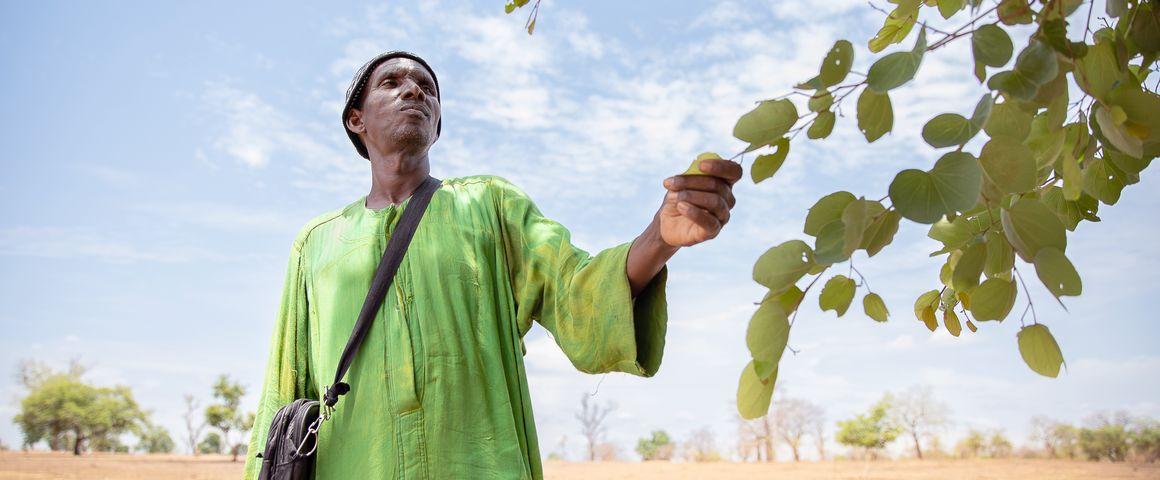Science at work 14 January 2026
- Home
- CIRAD news
- News
- Agroecologically-conducive policies
Agroecologically-conducive policies: advances and challenges

© R. Belmin, CIRAD
There is a growing consensus around agroecology as a way of making our food systems more sustainable, environmentally friendly and inclusive. To foster the transitions involved, several research and development organizations, including CIRAD, launched the Transformative Partnership Platform on Agroecology (Agroecology TPP) in 2021.
Its first report set out to examine and assess agroecology-conducive policies worldwide. Whether those policies are consumer-oriented, producer-oriented, market- and food environment-oriented, macro and trade-oriented or cross-cutting, how do they affect incentives for agroecology?
The report gives examples of policies and related actions taken by national, regional and city governments that intend to promote one or more agroecological principles.
Until now, few countries have embarked on a broad set of reforms with sustained commitments. Many of these policies are new, weakly institutionalized and supported by limited budgets, making it difficult to analyse their actual effects. Because of this, there is very little research on how effective they have been in promoting agroecological transitions or the objectives that agroecology aims to achieve. The report's expert authors therefore recommend that research fill this gap so that future policy formulation and implementation can be better informed by experiences from different countries.



























